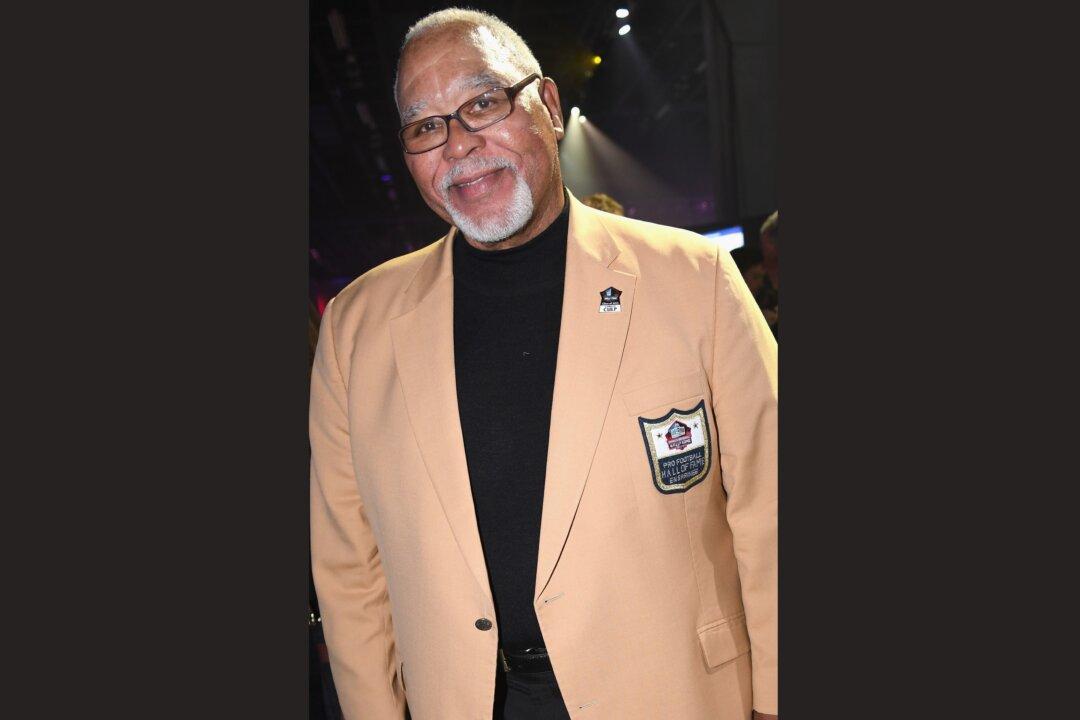KANSAS CITY, Mo.—Curley Culp, the Hall of Fame defensive lineman who helped the Kansas City Chiefs win their first Super Bowl during a 14-year NFL career, died Saturday of complications from pancreatic cancer. He was 75.
Culp announced this month that he had been diagnosed with stage 4 cancer. His wife, Collette Bloom Culp, announced “on behalf of our family and with a broken heart” the five-time All-Pro’s death.





